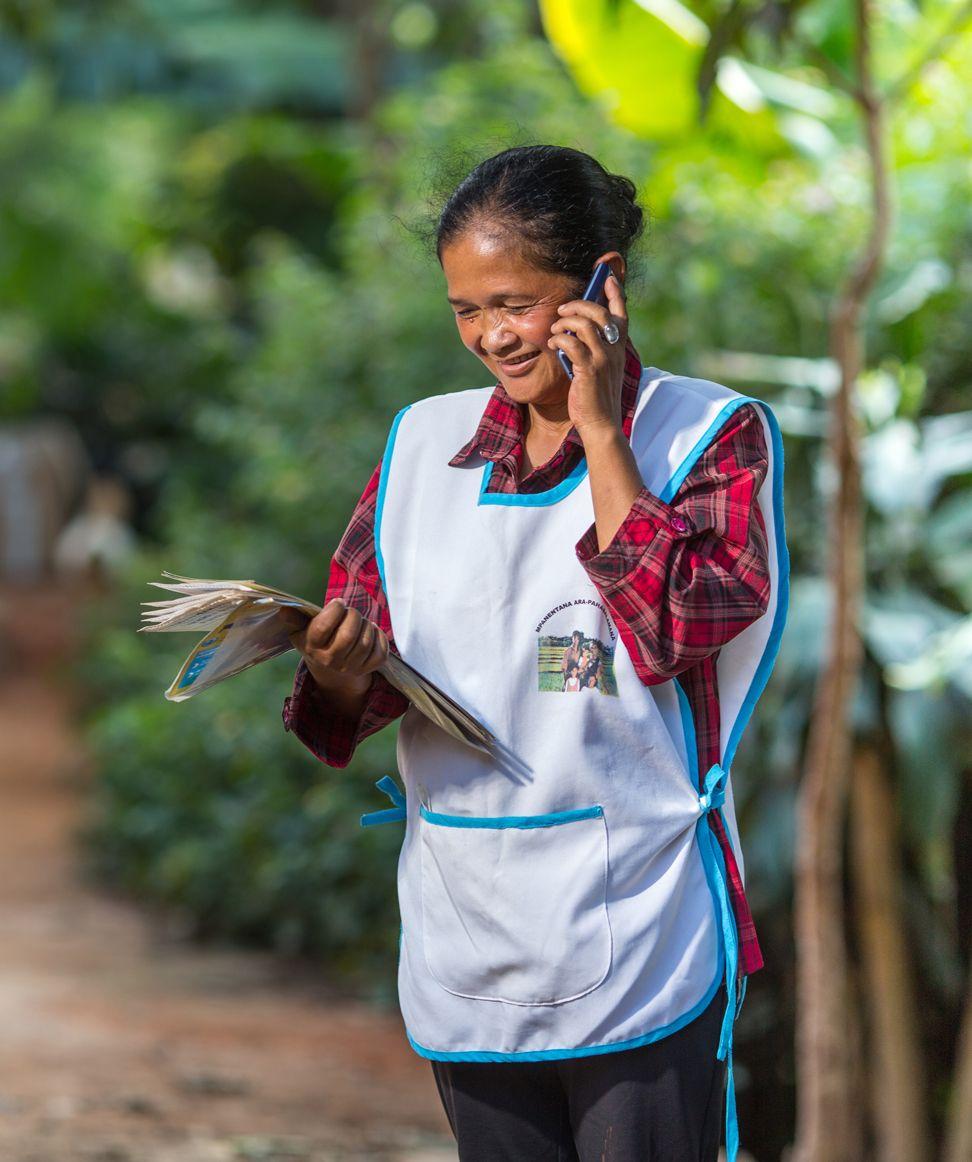How we can harness the power of Generative AI in Development.
Aug 13, 2024
The impact and future potential of Artificial Intelligence (AI) have dominated discourse in the tech space over the last five years. AI, in its broadest sense, refers to algorithms that can act in a way that would normally require human intelligence, or that can perform tasks ordinarily impossible to humans, such as data analysis or information searching on a vast scale.
What’s changed is the emergence of generative AI, or gen AI, which can create original content, such as images, text, music, video, or software code, in response to a user’s request or prompt.
While traditional AI is primarily about understanding and predicting, generative AI is about creating and innovating. Traditional AI uses programmed historical data, pre-defined rules, and algorithms to make predictions and decisions, while generative AI learns to form new content by identifying patterns and creating new variations based on those patterns.
Generative AI requires large datasets and significant computational resources, while traditional AI can be more compute efficient. Generative AI often uses human interfaces, such as chat interfaces via apps and web browsers, while traditional AI often uses specialised use case-specific applications, such as BI reports, dashboards, and call centre screens.
Today, Gen AI’s uses stretch far beyond consumer tools such as ChatGPT, with rapid advances being made in crucial sectors such as healthcare. Medical imagery can be more easily and accurately analysed to identify complex conditions such as brain tumours, for example.
Within GIF’s portfolio, high-impact applications of generative AI include personalised adaptive learning tools for school children and advanced real-time monitoring and predictive modelling to enhance decision-making in agricultural supply chains and risk analysis to help smallholder farmers access insurance.
Christine Zhenwei Qiang is Global Director of the Digital Transformation unit at the World Bank, supporting digital transformation in developing countries to drive shared prosperity and reduce poverty. Qiang highlights digital technology delivery as a vital development problem: how we can reach the three billion people across the word that remain digitally disconnected, and therefore lack access to the vital information that most of us have grown accustomed to having at our fingertips.
“Artificial intelligence is nothing short of revolutionary in emerging and developing economies.” she says. “If you think about the scale and the speed [at which] digital technologies reach people, it took 75 years for fixed telephony. But for ChatGPT it was only two months,”
GIF investee Viamo, a social tech enterprise, is making strides in this space by providing innovative connectivity solutions built for simple (non-smart) mobile phones, the most prevalent devices amongst the world’s poorest people. Viamo’s newest solution is a generative AI voice assistant, ‘Ask Viamo Anything’.
Launched in 2023, this new technology provides digitally disconnected people with free access to crucial information by generating output based on voice prompts. Its ability to function without internet access and its voice-activated feature make this solution particularly impactful and inclusive, enabling it to be used by even the most disadvantaged – those with low literacy, often women or persons with disabilities.
Viamo’s technology requires access to local language data to ensure that it is able to provide information on crucial issues in target beneficiaries’ native languages. To this end, Viamo collaborates with international development partners, such as UNICEF, USAID and Mercy Corps to develop content on HIV, tropical diseases, water and sanitation, and more.
Nevertheless, barriers remain: most knowledge bases are presently only available in English and French, and some in Swahili. To enable truly inclusive data access, irrespective of beneficiaries’ native language, Viamo is advocating for the creation of open-source language datasets. These would help to foster more inclusive AI, both for Viamo’s own technologies, and for future AI ventures in the development space.
Another emerging application for AI in the field of international development is in environmental surveillance and climate resilience. AI has the power to analyse vast amounts of data, for example to predict extreme weather events. GIF’s most recent investee, Komunidad, leverages this AI application to provide early weather warning systems in the Philippines, one of the most climate-vulnerable countries in the world.
Komunidad places a strong emphasis on reaching vulnerable communities. The start-up’s generative AI-driven mobile platform, which provides weather alerts directly to beneficiaries, is designed to be inclusive and accessible, and integrates local language communication into a user-friendly design. Komunidad hopes to scale its solution to other climate-vulnerable developing countries, and will therefore extend its positive impact to help build climate resilience internationally.
While many applications for AI in international development remain to be explored, its vast potential is already evident. As challenges such as language barriers are tackled, innovations like Viamo’s and Komunidad’s are poised to reach even more beneficiaries over time, ensuring that the advantages of technology become accessible even to the world’s poorest.
